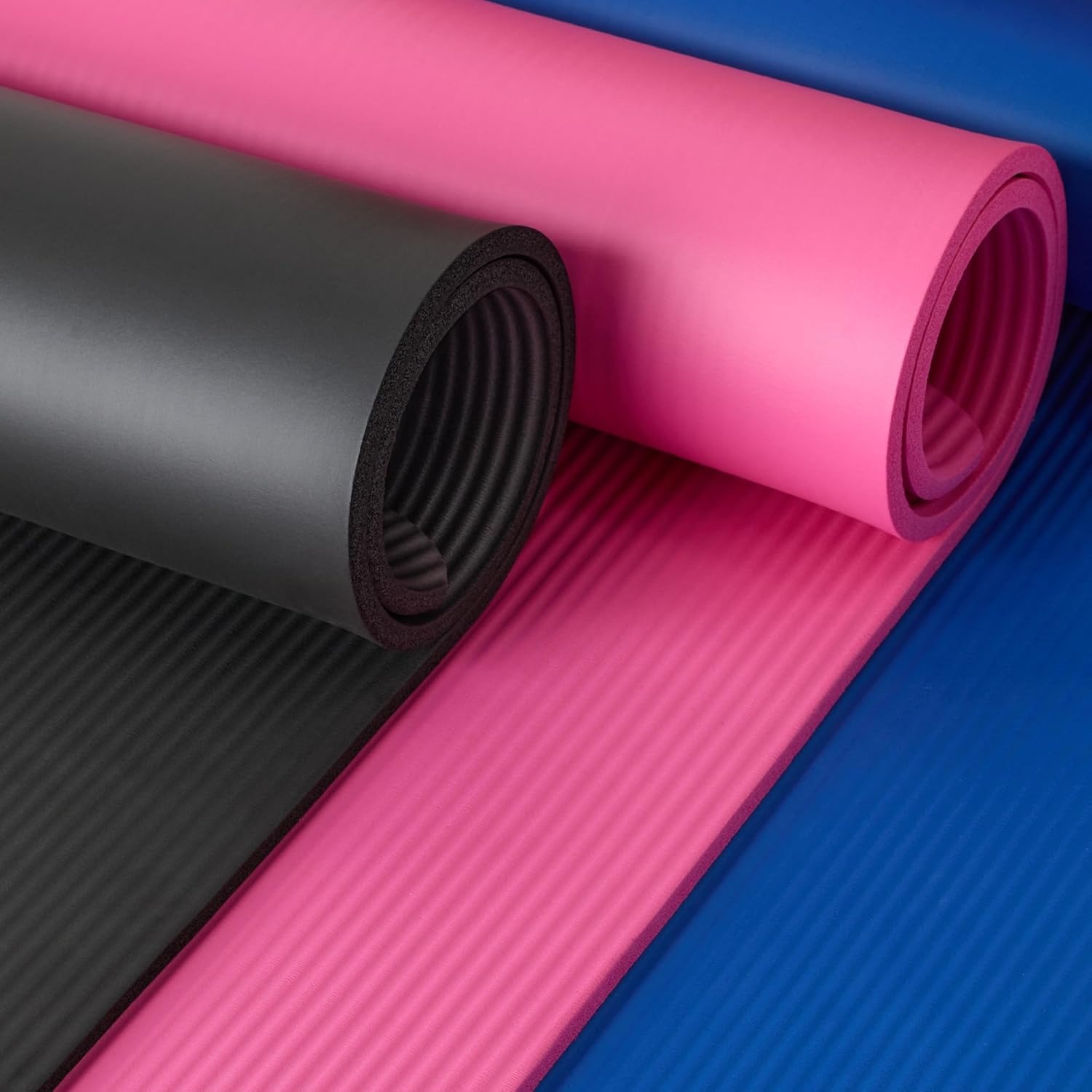Can You Eat Expired Protein Powder?
Protein powder has gained immense popularity among fitness enthusiasts. Many people rely on it to supplement their protein intake. However, like any food product, protein powder does have an expiration date. This raises an important question: can you consume expired protein powder? Understanding the implications, risks, and storage methods for protein powder is essential for consumers. This blog aims to clarify these concerns while providing useful information.
Understanding Expiration Dates
Expiration dates on food products ensure safety and quality. Protein powder typically features a “best by” date. This date indicates when the product is at its best quality but does not necessarily mean the product is unsafe to consume after that date. Various factors contribute to this date, including packaging, ingredient type, and manufacturing process. For instance, whey protein may have different shelf life compared to plant-based protein powders. It is vital to recognize that these dates are guidelines rather than hard rules.
Additionally, many people are surprised to learn that most dry goods, including protein powder, can last longer than the indicated expiration date. The powder’s longevity often depends on storage conditions. Protein powders stored in cool, dry places tend to remain safe for consumption longer. Conversely, exposure to moisture, heat, or light can lead to quicker spoilage. Therefore, assessing the conditions in which the protein powder has been kept is crucial for determining its edibility.

Signs of Spoilage
Before consuming any expired protein powder, it is essential to check for signs of spoilage. Common indicators include a change in color, texture, or smell. Fresh protein powder typically has a smooth texture and an appealing scent. If the powder clumps together or develops a foul smell, it indicates that it may not be safe to consume.
In addition, observing any changes in taste can provide valuable insight. A protein shake made from spoiled powder may taste off or strange. It is always advisable to conduct a taste test before incorporating the powder into a meal. Furthermore, if any mold is present, consumption should be avoided altogether. Mold is a clear indication that the product has gone bad and poses a health risk.
Potential Risks of Consuming Expired Protein Powder
Eating expired protein powder may carry certain risks. Although some powders remain safe for a brief period after the expiration date, they may lose effectiveness. Over time, protein content can degrade, making it less nutritious. Furthermore, the presence of expired ingredients could introduce harmful bacteria.
Consumption of compromised protein powder can lead to digestive discomfort. Symptoms may include nausea, bloating, or even food poisoning. In particular, individuals with weakened immune systems or pre-existing health conditions should be extra cautious. While most healthy adults may handle small amounts of expired powder, it is always better to err on the side of caution.
Additionally, consumers should consider the source of the protein powder. If purchased from a reputable brand, the product generally meets stringent safety standards. However, lesser-known brands may not adhere to the same guidelines. Therefore, choosing high-quality protein powder is crucial for minimizing health risks.

Alternatives to Expired Protein Powder
If expired protein powder is present, it’s essential to explore alternative options. Using fresh protein sources is always recommended. Foods rich in protein, such as chicken, fish, legumes, and dairy products, can provide essential nutrients. These whole food options can serve as excellent substitutes for protein powder. The benefit of whole foods lies in their additional vitamins, minerals, and fiber.
Moreover, plant-based protein sources are gaining popularity for those seeking alternatives. Options like quinoa, beans, and nuts contain ample protein while offering various health benefits. These sources are not only nutritious but can also be creatively incorporated into various meals. In contrast to relying solely on protein powder, incorporating diverse protein sources ensures a balanced diet.
If someone still wishes to use protein powder, buying a new batch is advisable. Many brands offer trial sizes or samples, making it easy to test a new product. Investing in quality protein powder ensures that the nutritional needs are met while minimizing safety concerns.
Proper Storage of Protein Powder
Storing protein powder correctly can extend its shelf life significantly. The ideal storage conditions involve a cool, dry environment. Extreme temperature changes can spoil the powder more quickly. Keeping protein powder away from moisture is vital to preventing clumping and spoilage. Using airtight containers can provide added protection. These containers keep humidity at bay, ensuring the powder remains fresh for as long as possible.
When choosing a location for storage, select a pantry or cupboard away from direct sunlight. Sunlight exposure can affect the quality of the protein powder, making it degrade faster. It’s also wise to avoid storing protein powder in bathrooms, due to their humid environment. A consistent temperature is crucial, as fluctuations can lead to condensation in the container.
Additionally, some protein powders are sensitive to heat. Exposure to high temperatures may compromise the product, leading to spoilage. Therefore, avoiding keeping protein products near stoves or ovens is advisable. Following these storage guidelines can help individuals enjoy their protein powder long after purchasing it, even past the expiration date.

Making an Informed Decision
When faced with the question of whether to consume expired protein powder, a careful assessment is required. This includes checking the powder’s texture, smell, and appearance for any signs of spoilage. If the product is still dry and odor-free, it may still be safe to use. However, caution is still key. It is important to consider the likelihood of nutrient degradation over time.
Also, understanding personal health circumstances is essential. Individuals with certain health conditions may experience severe effects from consuming expired protein. Therefore, it’s crucial to prioritize health and safety over potential waste.
Lastly, if there is any doubt about the protein powder’s safety, it is better to discard it. While it may seem wasteful, your health is priceless. It’s always possible to replace it with fresh, high-quality protein powder from reputable brands. By taking a proactive approach, consumers can safeguard their health while simplifying their nutritional regimen.
Frequently Asked Questions
A common query regarding expired protein powder is its overall safety. As discussed, degradation occurs over time, but the absence of spoilage signs might indicate it’s still edible. Factors such as storage and brand also play a significant role in determining safety.
Another frequently asked question involves protein powder efficacy post-expiration. While some nutrients may degrade, the remaining protein might still offer benefits. However, people seeking maximum nutrition should opt for fresh products whenever possible.
Some individuals wonder about the impact of expired protein powder on performance and training. While consuming expired protein may not pose an immediate threat, it could affect overall health and fitness goals. A compromise in nutritional value could hinder desired results. Thus, ensuring protein sources are fresh should be a priority.

Conclusion: Evaluating the Safety of Expired Protein Powder
In summary, while consuming expired protein powder may not always pose an immediate health risk, it’s crucial to exercise caution and consider several factors before deciding to use it. Protein powder, like many food products, typically has a “best by” date rather than a strict expiration date. This means that while its quality may diminish past this date, it does not necessarily become harmful to consume. However, changes in taste, texture, and nutritional quality can occur, impacting the effectiveness of the supplement.
When assessing whether to consume expired protein powder, it’s important to inspect the product closely. Look for signs of spoilage such as an off smell, clumping, discoloration, or the presence of mold. If any of these indicators are present, it’s best to err on the side of caution and discard the product. Additionally, consider how long the protein powder has been expired. A few months past its “best by” date might be acceptable if stored properly, while years later is generally a no-go.
If you are uncertain about the safety of your protein powder, it’s always a good idea to consult with a healthcare professional, particularly if you have existing health conditions or dietary restrictions. Ultimately, while it can be tempting to make use of an old tub of protein powder to avoid waste, prioritizing your health and wellbeing should be your primary concern. Keeping track of your supplement’s shelf life and adhering to proper storage guidelines will help ensure that you benefit from protein powder at its best. When in doubt, freshness is key to ensuring the best nutritional value and overall safety of the products you consume.



